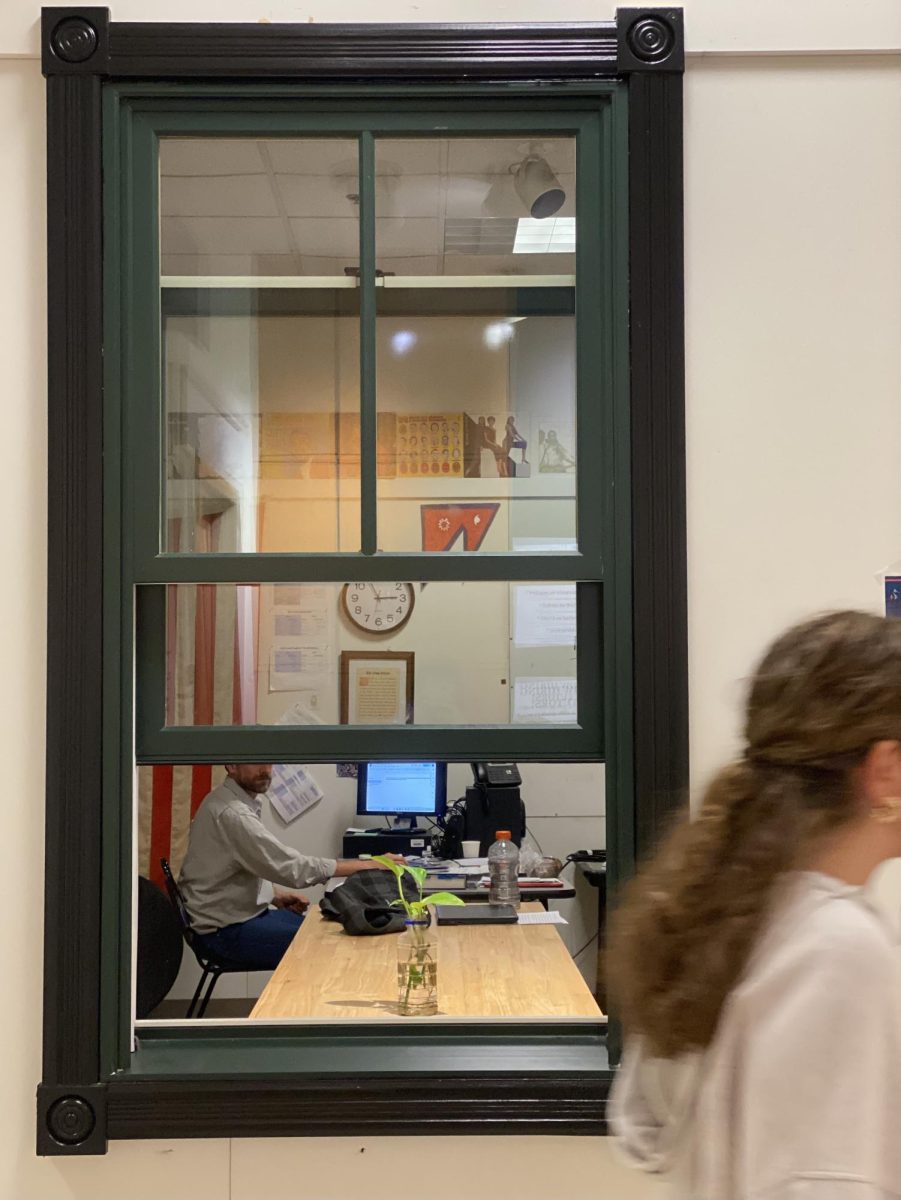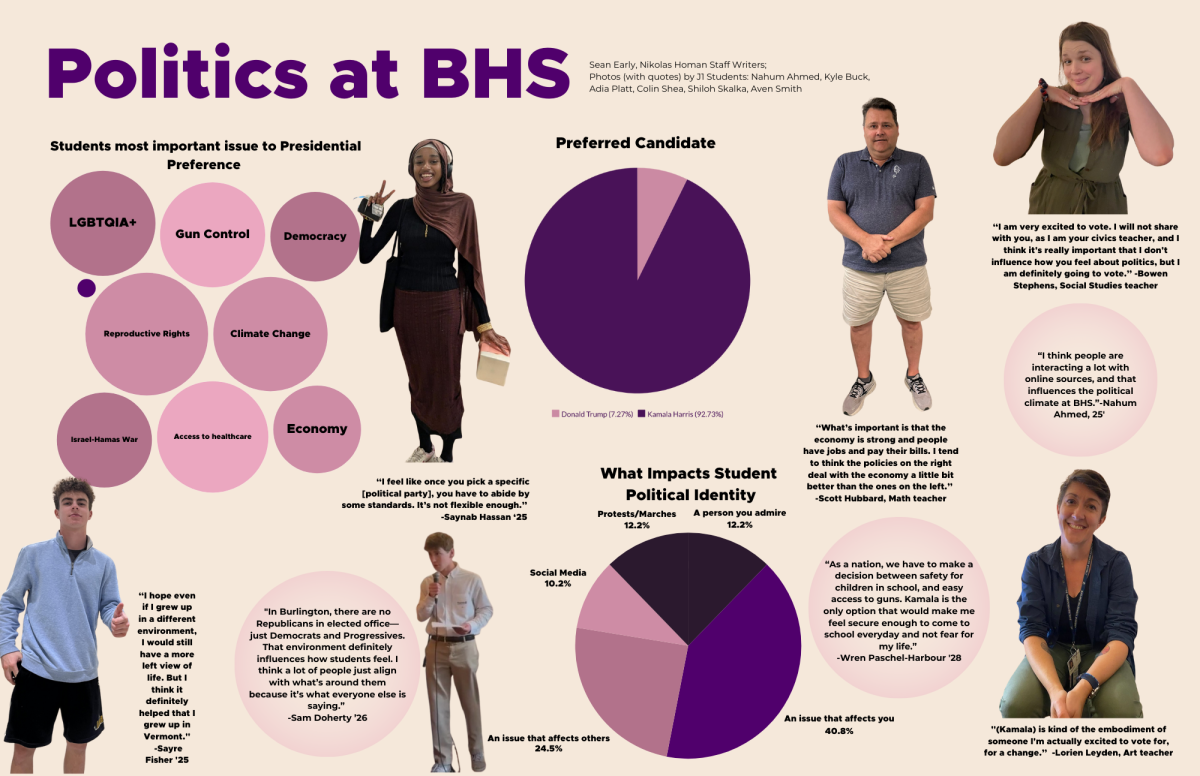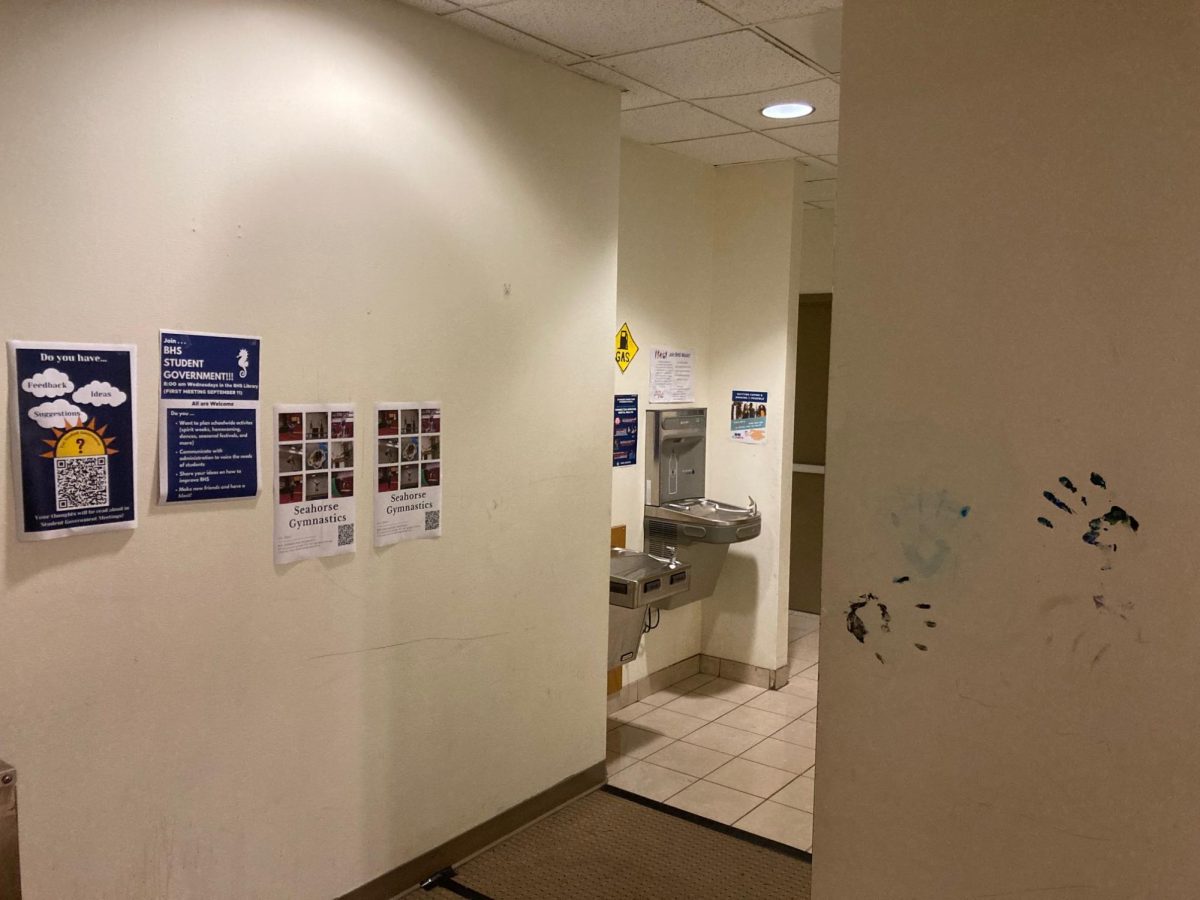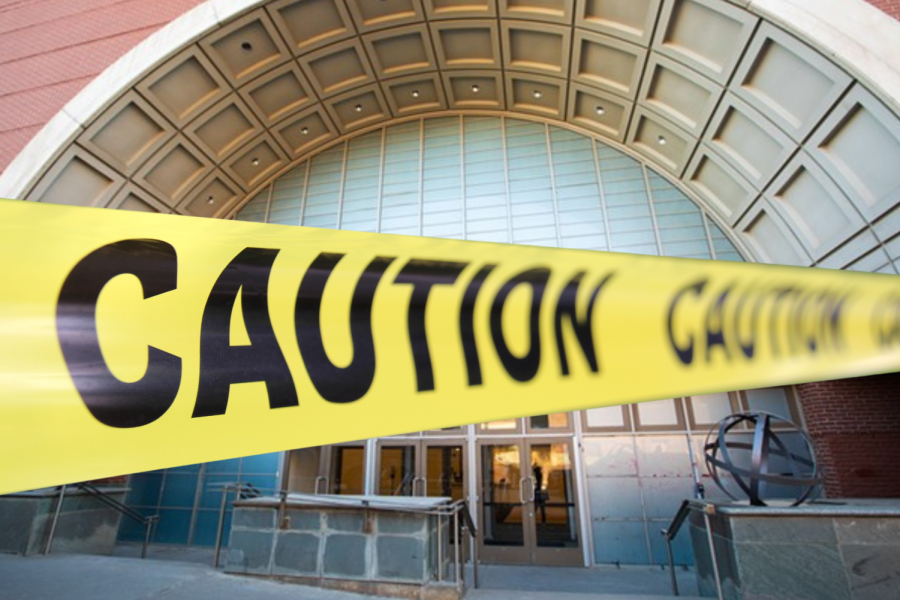A peek inside the BHS library blinds the unassuming eye with what appears to be a thriving concentration of pure academia. The space steadily swells with hardworking students, presumably dedicating their free blocks to their studies. However, despite the diligent atmosphere, a daunting number of those seemingly “model students”, are, in fact, not where they are expected to be. While many of the students are genuinely making use of scheduled free blocks, others are simply avoiding the classes that they are supposed to be in.
While perspectives differ on the issue, students, teachers, and administrators alike recognize and have felt effects of the class cutting epidemic that has seemingly cemented itself into BHS school culture.
“I probably cut class about 1-2 times a week,” admitted one BHS student that was found bunkered in the BHS library.
“I’m technically supposed to be in class right now,” another student confessed, “ but I didn’t finish the homework that is due today.”
Missing homework is the most common excuse given by students that cut class, with many expressing fear over facing the consequences that their unfinished work may provoke.
“It’s just that I don’t ever want to face my teachers when I don’t have my work done,” explained one nervous student. “It’s easier to just return when I am actually prepared for class.”
However, other students ditch class because of heightened stress levels.
“I think that [skipping] allows me to do my work, which improves my mental health, which allows me to learn better. Some classes that I’m in, I know that I won’t learn in anyway. Therefore, I don’t think that it impacts my personal learning. It simply impacts my stress levels,” said one student.
BHS Assistant Principal, Noel Green, is skeptical of this logic. He thinks that if struggling students are willing to communicate with the teachers, teachers will be more than willing to help combat and accommodate their struggles.
“In these situations, communication is key.” Green said. “Teachers want to see students succeed. It’s when disrespect and a lack of accountability becomes apparent that teachers will be less likely to work with students to meet their individual needs.”
According to Green, cutting class is inarguably an issue of disrespect.
“The teachers prepare for the students, and the class runs more effectively when everyone is there. When students miss classes, teachers have to waste time reteaching material and getting those students back on track,” Green said. “It also places a burden on parents because if a child misses too many classes, they end up in truancy court. [Skipping] shows disrespect for everyone involved.”
Green believes that skipping class also demonstrates a student’s lack of respect towards their personal academic success, noting that students with poor attendance records also reflect lower grades, less credits and weaker classroom performances.
To combat the rising rates of class cutting at BHS, administration is cracking down on their policies. As of second semester, privileges such as attending prom, participating in extracurriculars, and walking at graduation have become contingent on attendance.
Many BHS students report that the new policies have effectively steered them away from the now-risky art of skipping.
“Originally, up until the start of second semester, there were no repercussions, so I would skip a lot more,” admitted a member of the drama club. “Now that extra activities are threatened, I can’t have any unexcused absences.”
Green is optimistic about the predicted success of the new policies.
“The majority of our students go to class and go on time,” concluded Green. “If BHS’ culture transforms completely in that direction, that would be ideal.”




















